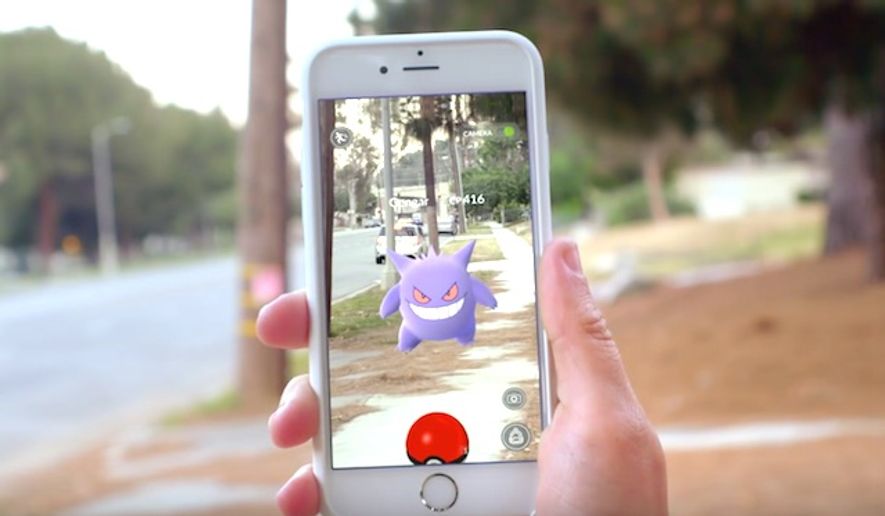Pokémon Go risks being reined in by politicians in Moscow, even before the wildly popular game makes its official Russian debut.
The game, an augmented reality smartphone app released by Nintendo, is currently only officially available in the U.S., Australia and New Zealand, but is expected to arrive in Russia as early as next week, according to local media reports.
As anticipation swells, however, officials are issuing warnings and reportedly weighing possible regulations as game-related incidents increasingly make headlines abroad.
On Thursday, the Kremlin’s Council for Human Rights and Civil Society said it would review concerns raised by the game and will make recommendations if necessary, Russia’s TASS reported.
The council’s spokesperson, Yana Lantratova, said authorities have already determined playing the game “in places of religious significance, cemeteries or government facilities” is unacceptable, according to an English-translation courtesy of Russian news site Medusa. Next, the council will meet to consider imposing certain location restrictions on the game and will consider introducing security measures to ensure player safety, the website reported.
News of the presidential council’s concerns came the same day that television network Rossiya 24 ran a segment explaining various ways playing Pokémon Go will be illegal in Russia, which include a broadcaster claiming gamers could risk three years in prison if caught playing near international borders or inside churches, Medusa added.
The same day, meanwhile, Russian Senator Lyudmila Bokova publicly accused the game’s developers as being behind a plot to extract money through the app.
“This is some kind of strange trick to renew this story, to again get children hooked on who knows what, and to actively obtain the money in their parents’ wallets,” TASS quoted her as saying.
Religious figures, on the other hand, have been hardly as reserved. Andrei Polyakov, the ataman of the Irbis Orthodox Union of Cossacks, said the game “smacks of Satanism” and will raise his concerns with the Consumer Health Watchdog and the Federal Anti-Monopoly Service, Russian media reported.
“We need to drag people out of the virtual world; otherwise it all smacks of Satanism,” Polyakov said. “There are so many real interesting things and professions in the world, so much of interest to do that it is wrong to be distracted by every nonsense.”
“As for churches and temples, holy places, cultural institutions, children’s institutions, this absolutely has to be banned. We must respect culture and people’s faith, regardless which. Either there must be a sensible framework, or instructions that must be observed, or the application has to be banned completely,” he said.
In the United States, Arlington National Cemetery and the U.S. Holocaust Memorial Museum in Washington, D.C. have both issued warnings in recent days asking visitors to please refrain from playing Pokémon Go on their premises.
• Andrew Blake can be reached at ablake@washingtontimes.com.




Please read our comment policy before commenting.